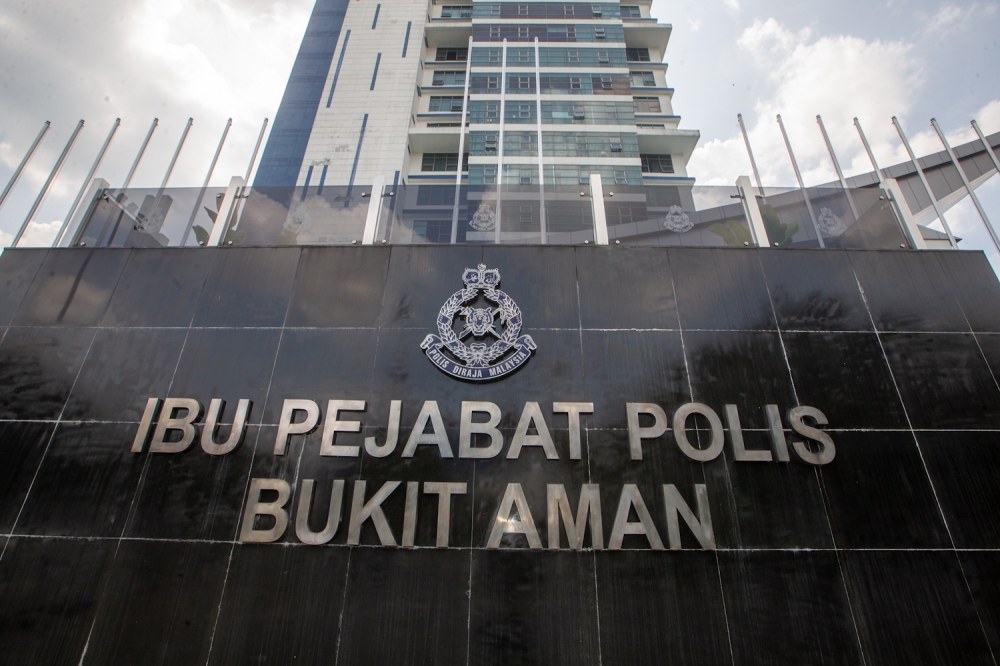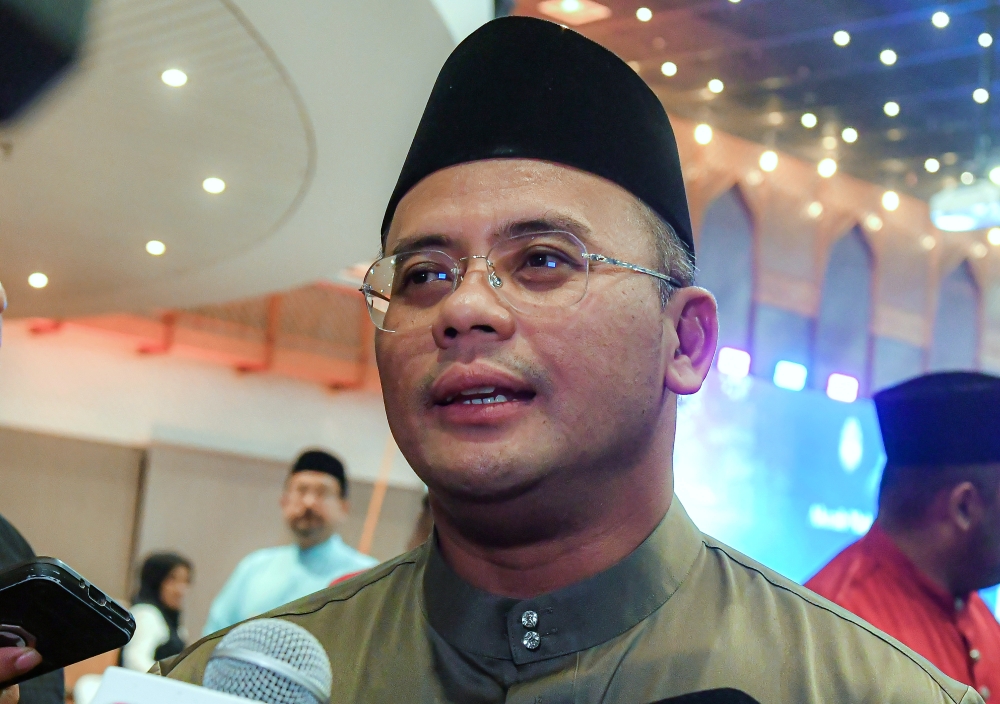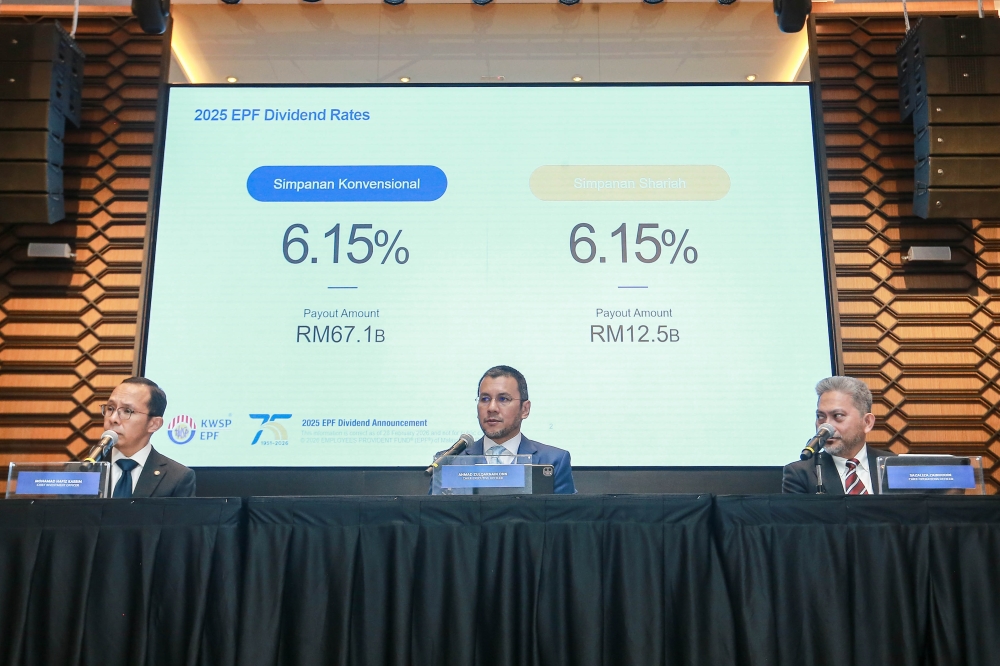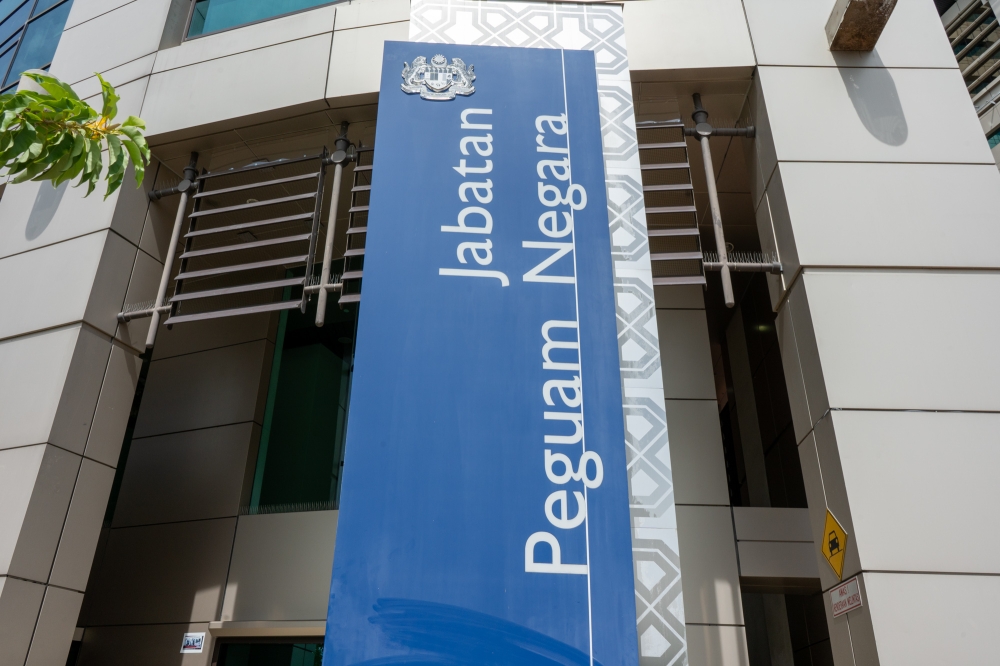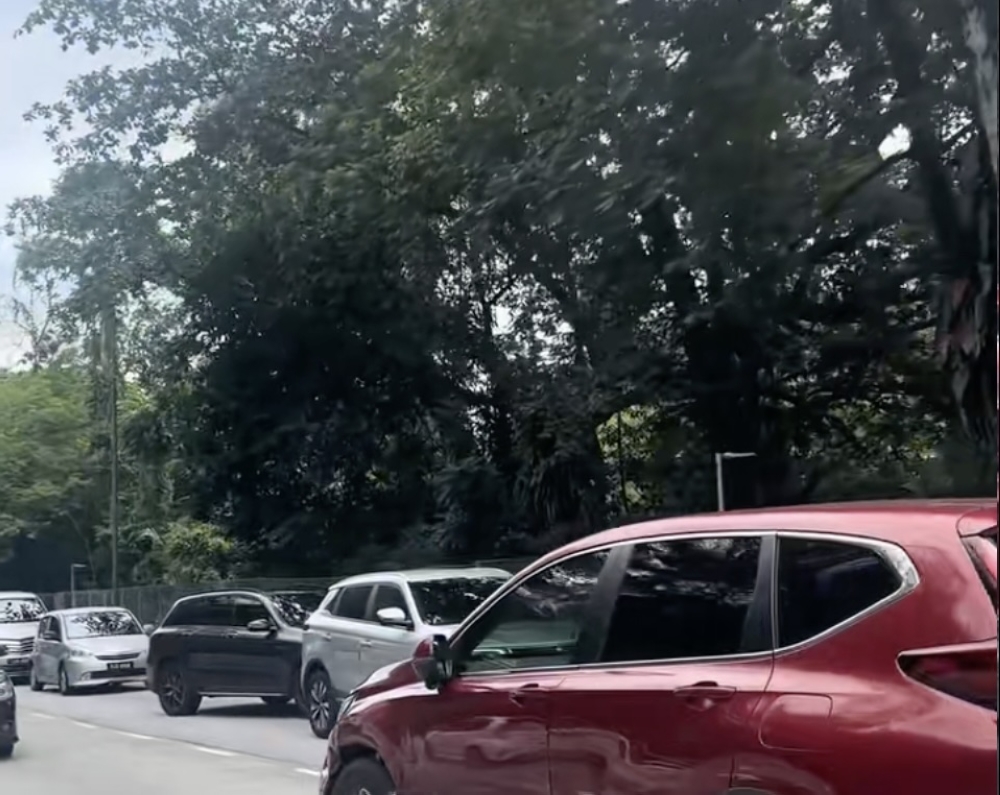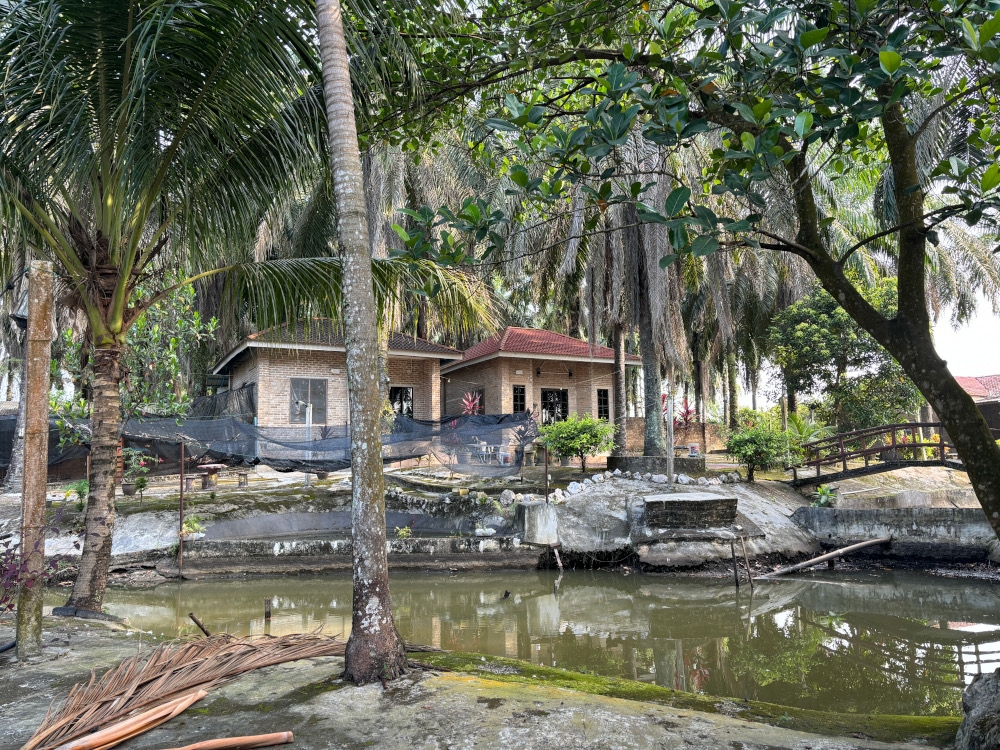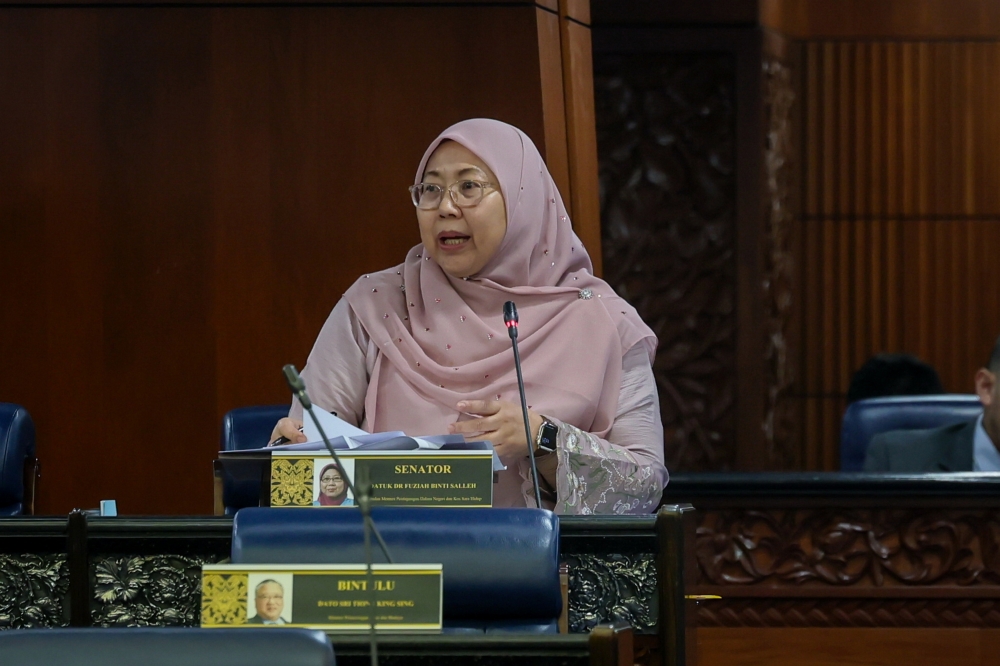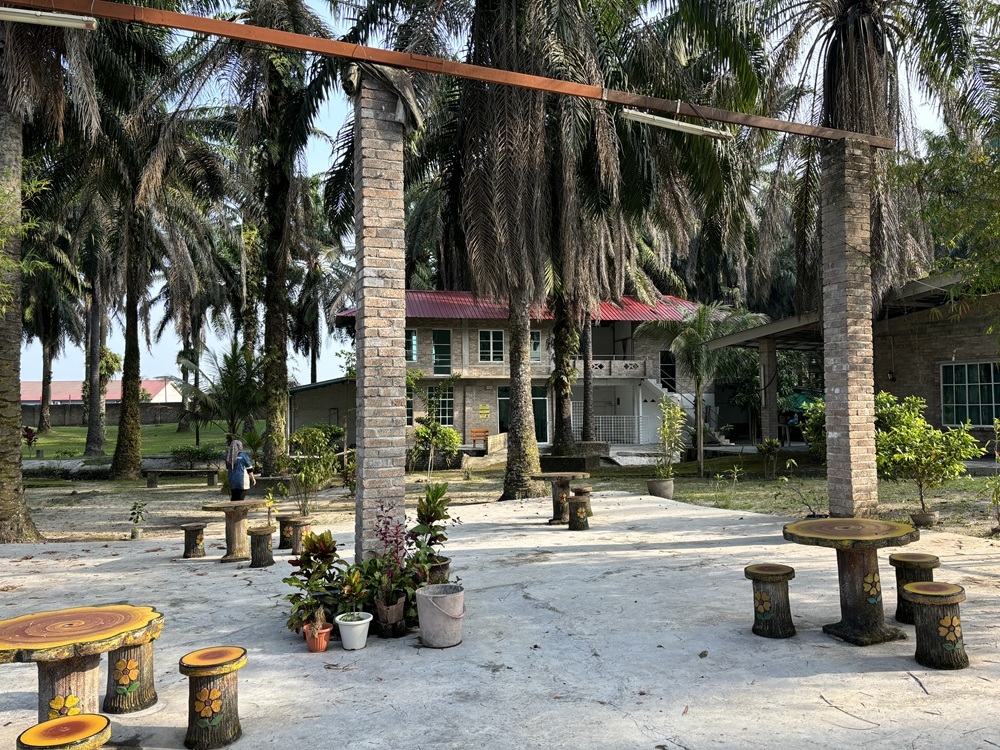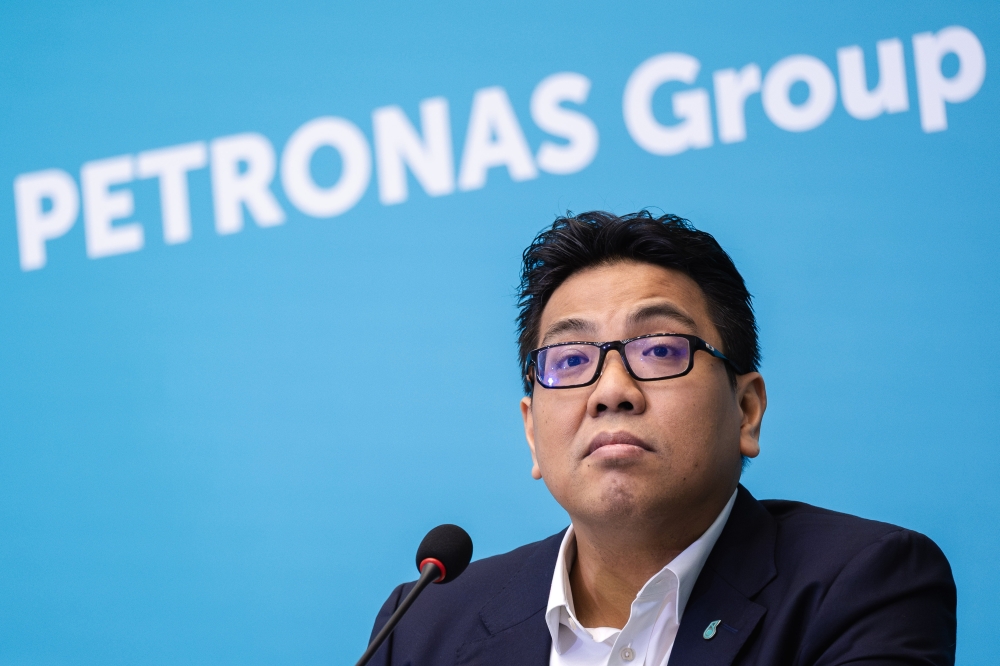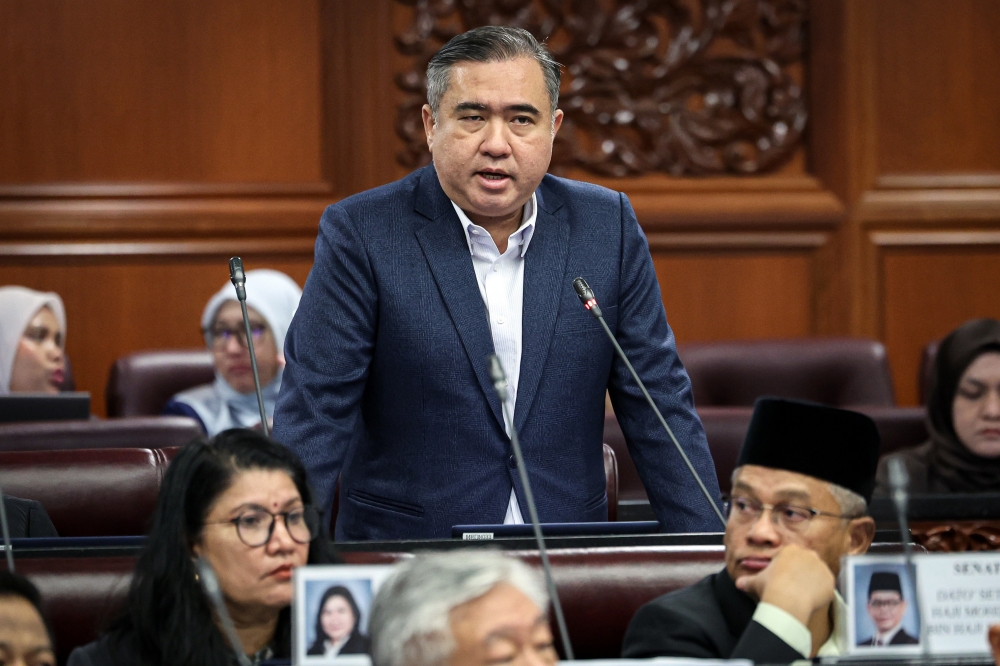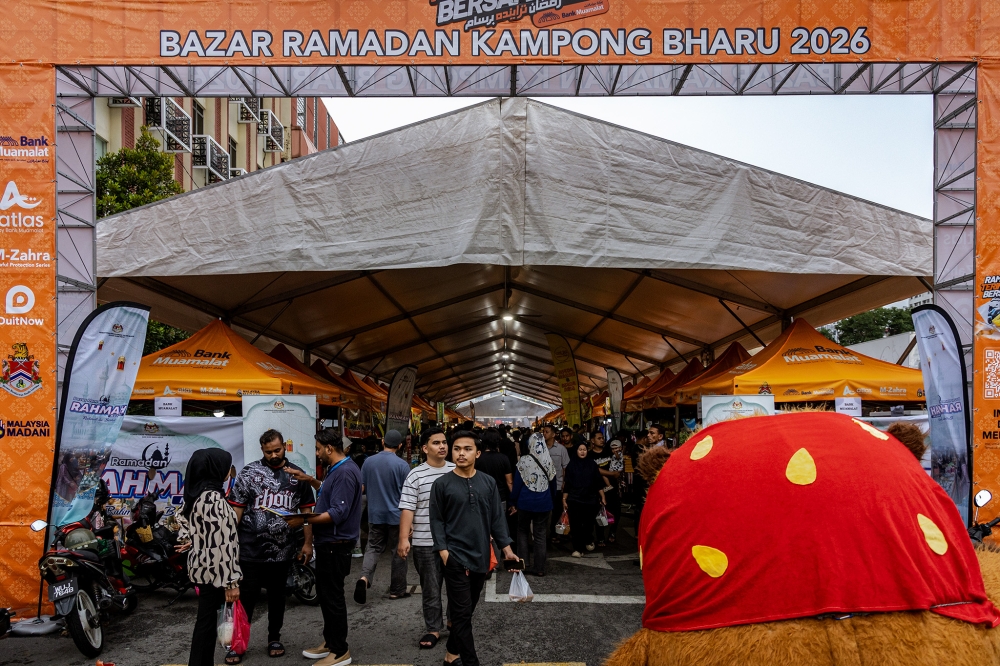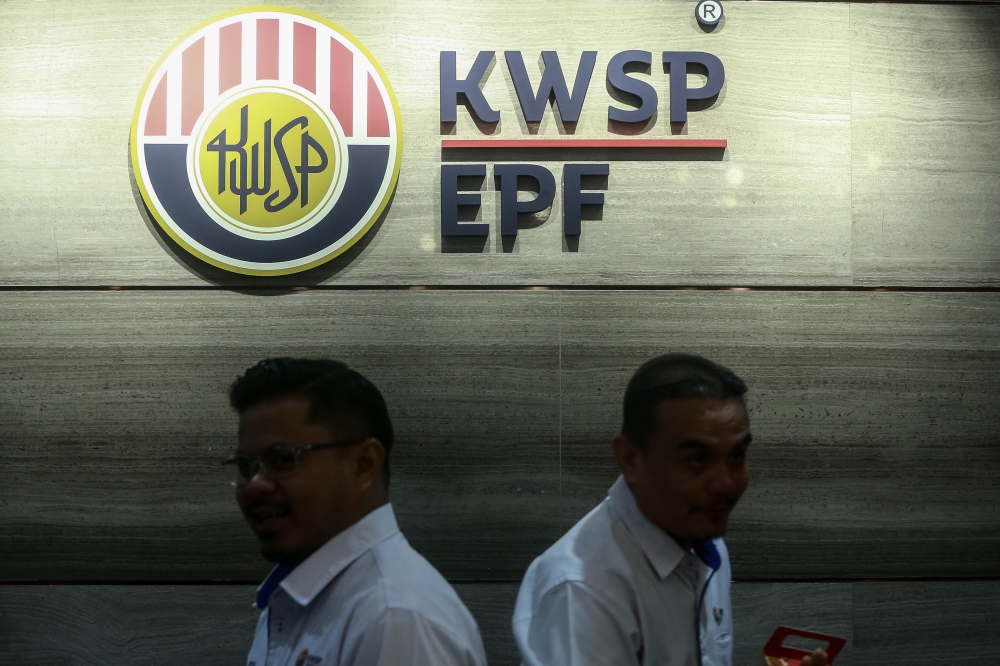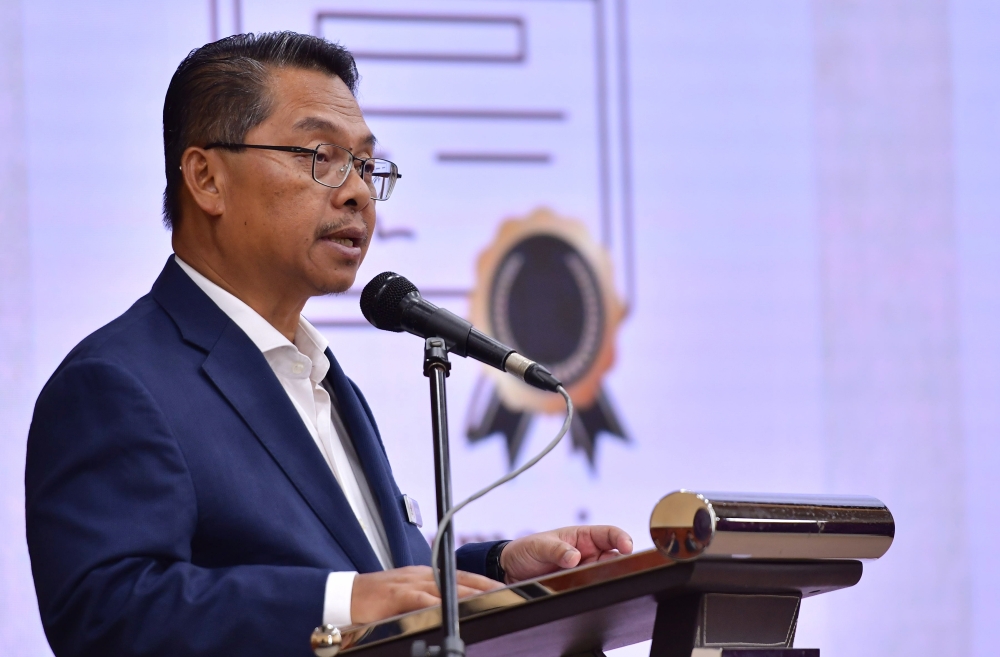KUALA LUMPUR, May 1 — The government’s Wage Subsidy Programme (WSP) should be extended in order to prevent job losses, as the movement control order (MCO) drags on.
Economist Hafiz Noor Shams told a Webinar that as more people are expected to lose their incomes and companies struggle to pay wages, the government needs to ensure that this doesn’t happen.
“The (announcement of a wage subsidy) might be too late to save a lot of jobs but it’s been six weeks and the response has not been that great in terms of helping the workers.
But that doesn’t mean we shouldn’t be doing it as there are still a lot of jobs that might be saved.
“Going forward, I think the wage subsidy should be increased significantly to cover at least the minimum wage and ideally probably up to median wage or twice it,” he told a Webinar titled Parliamentary Roundtable #1 — Next Normal for Jobs (Labour Day Special) organised by Institut Darul Ehsan today.
Another panellist, Research for Social Advancement (Refsa) Executive Director Tan E. Hun concurred, saying government programmes such as WSP that are geared towards employee retention should have the caveat to ensure their success.
“In terms of wage subsidy, it is definitely not enough, especially for employee retention.
“In any government programme, there should be a caveat to help employees and the idea is to keep them for as long as possible.
“We can do more (with these programmes),” she said.
Meanwhile, former Khazanah Research Institute (KRI) chairman Nungsari Ahmad Radhi said the Covid-19 crisis has laid bare the disparity and inequality of wealth in the economic system.
He said that while the virus does not discriminate and infects rich and poor alike, the economic consequences of the outbreak are more pronounced among the lower class who will take longer to recover as the economy will not return to how it was even when the MCO ends.
“Even if you lift the MCO today, people will not immediately spend tomorrow and businesses will not immediately be better.
“It will be (a) very deep and long (crisis).
“The government’s job in this period is just basically to keep the workers alive,” he said.
In a statement yesterday, the Social Security Organisation (Socso) said it has received 248,216 applications from employers involving 1.98 million workers for the WSP since the process opened on April 1 until yesterday.
Socso’s chief executive officer Datuk Seri Dr Mohammed Azman Aziz Mohammed said most of the applications were from employers in the micro and small enterprises sector.
WSP will provide RM600 to workers who earn less than RM4,000.
In comparison, Singapore last month announced the enhanced Jobs Support Scheme (JSS), where the government will pay 75 per cent of the wages of every Singaporean worker in employment, up to the first S$4,600 (RM13,909) of their monthly salary.
Another panellist on the Webinar was PKR President Datuk Seri Anwar Ibrahim. The session was moderated by Lembah Pantai MP Fahmi Fadzil.

